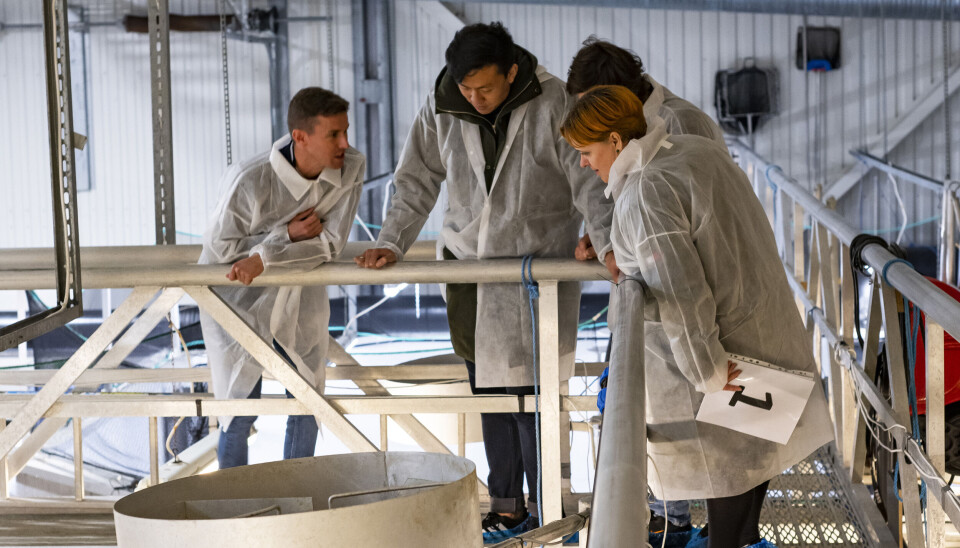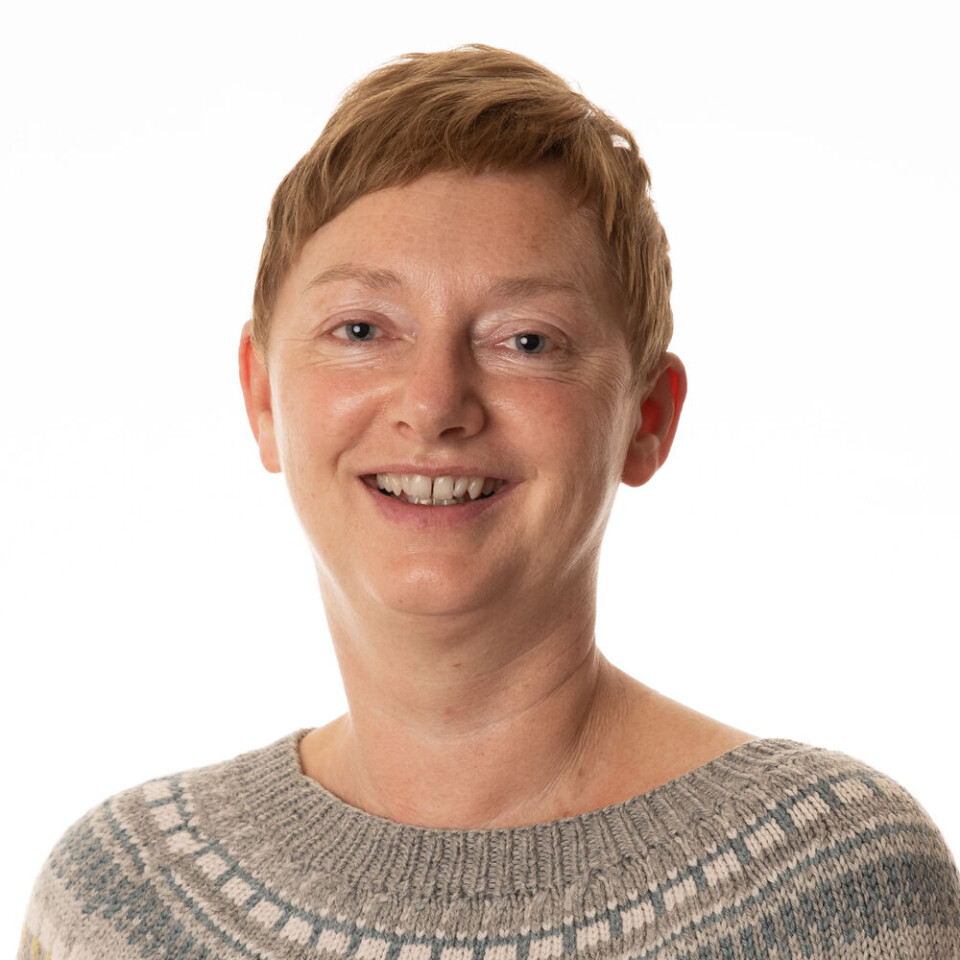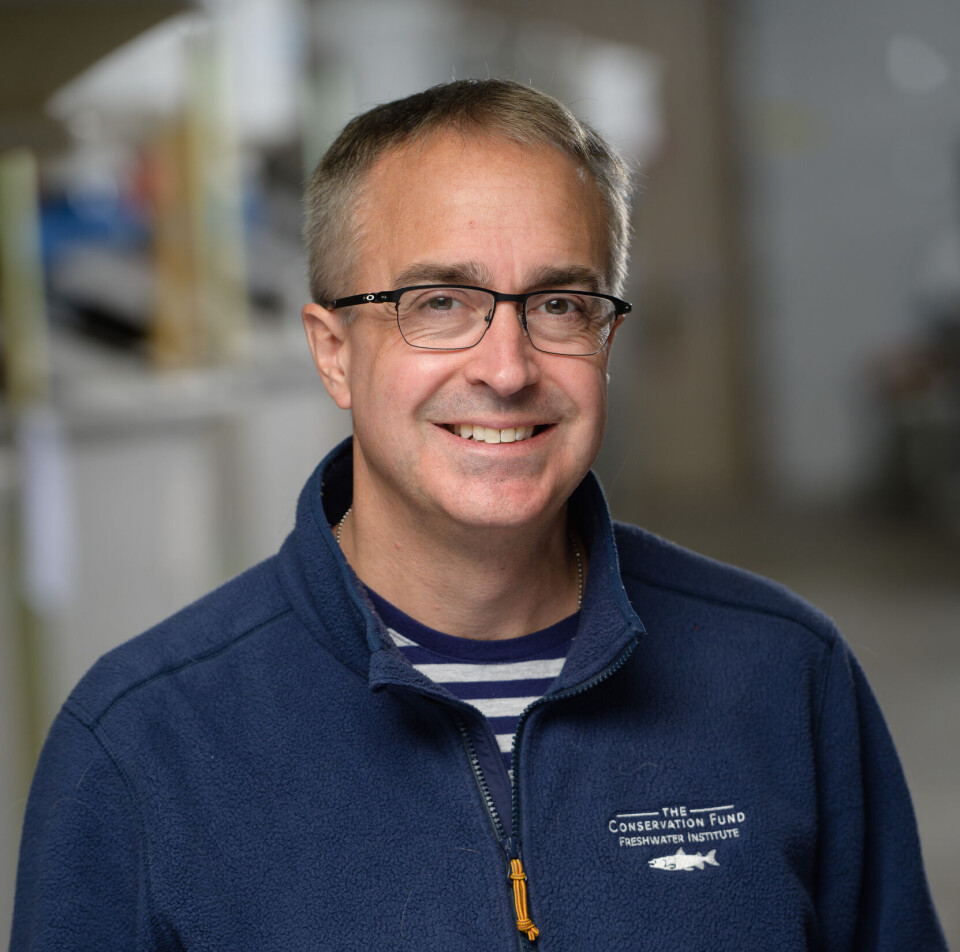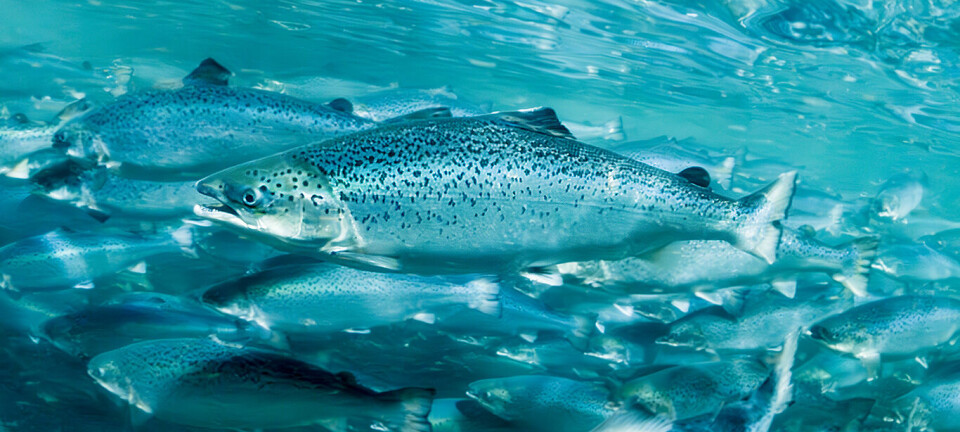
What is needed for successful smolt production in the future?
At the conference "The Future of Smolt Production", which will be held on October 16 and 17 in Norway, Nofima will conduct a thorough review of the latest knowledge in this field.
The conference "The Future of Smolt Production", known for its goal of studying smolt production in recirculating aquaculture systems (RAS) and closed sea facilities, is organised by research institute Nofima and regional development agency Sunndal Næringsselskap every two years in Sunndalsøra, on the west coast of Norway.
This year, the conference will be opened by the Norwegian fisheries minister, Marianne Sivertsen Næss, and industry leaders will give their opinion on what is needed to succeed in smolt production. One of the highlights will be an interesting debate on how policies, industry, and research can work together to reduce mortality at sea. Are large post-smolts part of the solution?
"The conference began in 2008, when the Norwegian industry regained interest in water recycling in aquaculture. At the same time, research in this field accelerated. Now, in 2024, we know much more about what works for the welfare of salmon, both from research and practical experience. At the conference, we will share this knowledge and I believe this is one of the best settings to get a realistic understanding of where we currently stand and what path we should take next," organising committee chair Trine Ytrestøyl, a senior scientist at Nofima, said in a press release.
It is also a novelty that there is an independent session on feed in RAS, which looks at its relationship with water quality and fish health. Senior scientist Bente Ruyter from Nofima is one of the presenters of this session.


"In our research, we compared two feeds in continuous flow and RAS systems, and then we could see interesting interaction effects. As far as I know, this is the first time someone has analysed how omega 3 affects the health of salmon in two different production systems," said Ruyter.
New insights
Ytrestøyl highlighted other research areas as particularly interesting, where new research results can be expected.
Environmental management is one of the advantages of closed systems, but how can it be optimised for the wellbeing of fish? Tom Ole Nilsen, from the University of Bergen, and Marius Takvam, from NORCE, will offer a deeper insight into how the lighting regime during the breeding phase affects fish physiology, especially regarding the kidneys, intestines, and osmoregulation.
Nofima will also host three scientists from the Freshwater Institute (United States), a long-standing collaborative partner in the area of salmon production research in RAS. They will present a wide range of topics, including new precision aquaculture technologies, the use of biomonitoring to assess salmon stress, and the management and optimisation of water quality in recirculation systems.
"Among other things, our research uses artificial vision and intelligence to increase operational efficiency in RAS facilities, and we are eager to present our latest innovations in precision aquaculture to the participants at the conference in Sunndalsøra," stated Chris Good, research director at Freshwater Institute.
Finally, Nofima posed an important question: Are we working too intensively? Anja Striberny, from Nofima, will present data from different temperature regimes in RAS and flow-through facilities that may provide an indication.
"Whoever comes, will see," affirmed Ytrestøyl, who expects significant participation from all sectors of the industry, including international players, because it is a global issue rooted in Norwegian conditions.






































